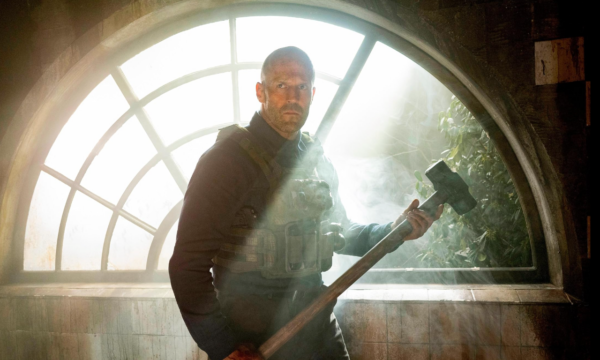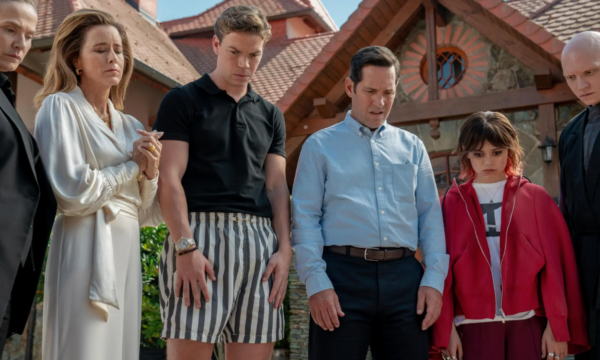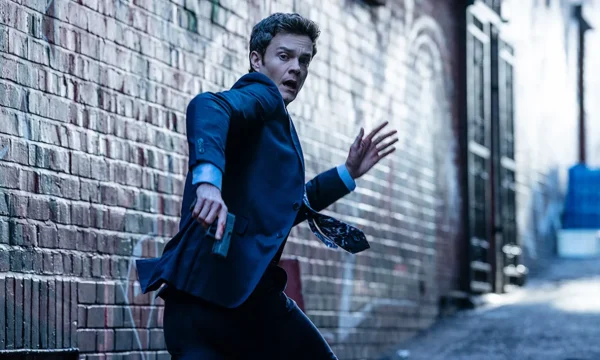Human Rights Watch Film Festival 2014: For Those Who Can Tell No Tales

Jasmila Žbanić’s short but affecting film is part of the Human Rights Watch Film Festival, telling the partially fictionalised account of Kym Vercoe, an Australian performance artist, who makes a solitary trip to Bosnia. She visits the bridge over the river Drina in Višegrad, the subject of Nobel Laureate Ivo Andrić’s most famous work. After a sleepless night in Vilina Vlas, a spa hotel, she later discovers that the town and the hotel were the site of horrific atrocities during the Bosnian war – including the rape, torture and execution of around 200 women.
These revelations come slowly: the film begins in Sydney with upbeat music and sunny scenes. When she arrives, her bright and flowery dress makes her seem out of place in Sarajevo’s drab streets.
Žbanić has a keen eye for beauty and there are many long, slow shots of the Bosnian countryside and of Vercoe walking along streets or taking pictures. Since Vercoe is travelling alone there is not much need for dialogue, so the long shots are generally completely quiet. These extended periods of silence are a poignant reflection of the silence with which the citizens of Višegrad treat the war’s atrocities. No mention is made in the guidebook of the hotel’s use as a rape camp, and no one is willing to talk about it. Žbanić even had to pretend to be making a film about Ivo Andrić, including recruiting a fake director, in order to be able to film in Višegrad.
Vercoe confronts the guidebook’s author (played by Simon McBurney) who talks about conflicting principles: on the one hand encouraging people to come to Bosnia, on the other not wanting to cover up the shameful moments in the country’s history.
The long and picturesque shots give the audience time to reflect on the film’s questions, and the questions it raises are undoubtedly interesting and profound. But they are not explored very fully, and the film sacrifices an in-depth exploration of post-war silence and denial for pretty scenes.
Vercoe’s tribute to the abused women at the end of the film is small but touching. As Žbanić says, and so it is comforting to believe: “Humans feel responsibility even if they are not connected to the event or the place.” The film shares that responsibility and forces the audience to confront some difficult questions about humanity.
Timothy Bano
Read more reviews from Human Rights Watch Film Festival 2014 here. For further information about the festival visit here.
Watch the trailer for For Those Who Can Tell No Tales here:



















Facebook
Twitter
Instagram
YouTube
RSS